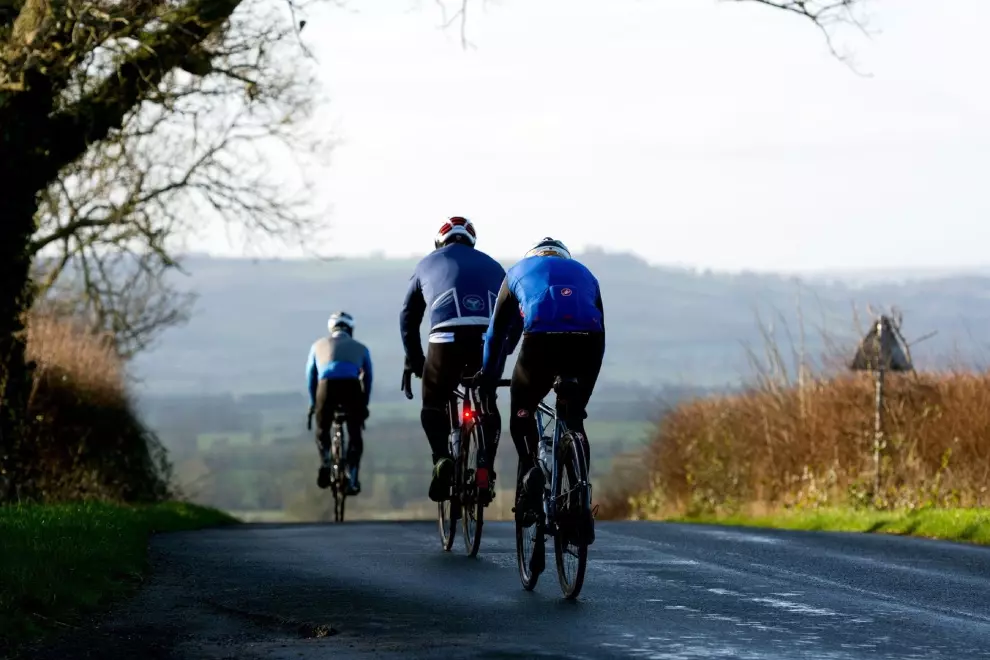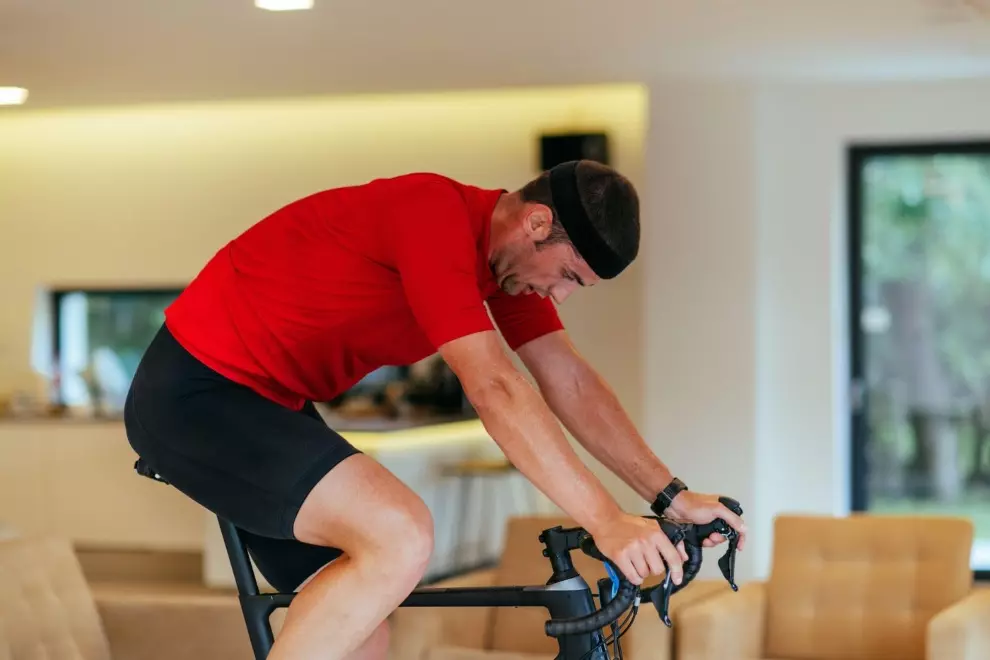Caffeine affects performance
There has been a large number of studies focusing on the effects of caffeine on athletic performance over the last couple of decades. So many studies that WADA (World Anti-Doping Agency) set a precautionary limit on its consumption to about eight shots of espresso per day. Thankfully, this limit was removed in 2004. Still, even newer studies show an average benefit from caffeine consumption between 2-5% across a range of protocols and doses. It’s only the question of why it works that we are not exactly sure about.
https://www.instagram.com/p/_b8q4in3oP/
Can it promote fat metabolism?
One of the supposed mechanisms explaining how caffeine can help in sports is increased fat metabolism and glycogen preservation. This would be especially useful for endurance racing, when cyclists need to tap into their fat reserves for a constant stream of energy, while saving the glucose boost for the final sprint to the finish. Recent research disputes that caffeine has this ability. Instead it proposes a different idea.
It affects how you pace yourself
Scientific consensus has swung towards a theory describing how caffeine effects pace regulation during exercise. The science of the brain and exercise performance is still in its early years, so we should still take this with a grain of salt, but it suggests caffeine can lower an athlete’s perception of effort, allowing them to maintain a higher level of output. This means that under the effects of caffeine we allow ourselves to go harder than we otherwise would.
There is one more thing to consider. Some athletes have shown no improvement, or even performed worse when taking caffeine compared to placebo. These differences weren’t related to whether they were regular coffee drinkers or not; rather it had to do with the rate at which caffeine enters into a bloodstream. So, while one athlete may benefit from taking caffeine an hour before a race or less, others may need two. As usual, everyone needs to figure out in training how fast their body metabolizes caffeine before trying it in a big race.
How much is the effective dose?
Most of the earlier studies on caffeine and endurance performance used very high doses, up to 6mg per kilogram of body weight. For a 70kg cyclist that’s 420mg, which could be approximately 5 coffees. However, recent studies have shown the same performance benefits from half the dose; 3mg per kg is now generally accepted as the highest dose needed to provide a benefit. So, a double shot espresso before a training session it is!




